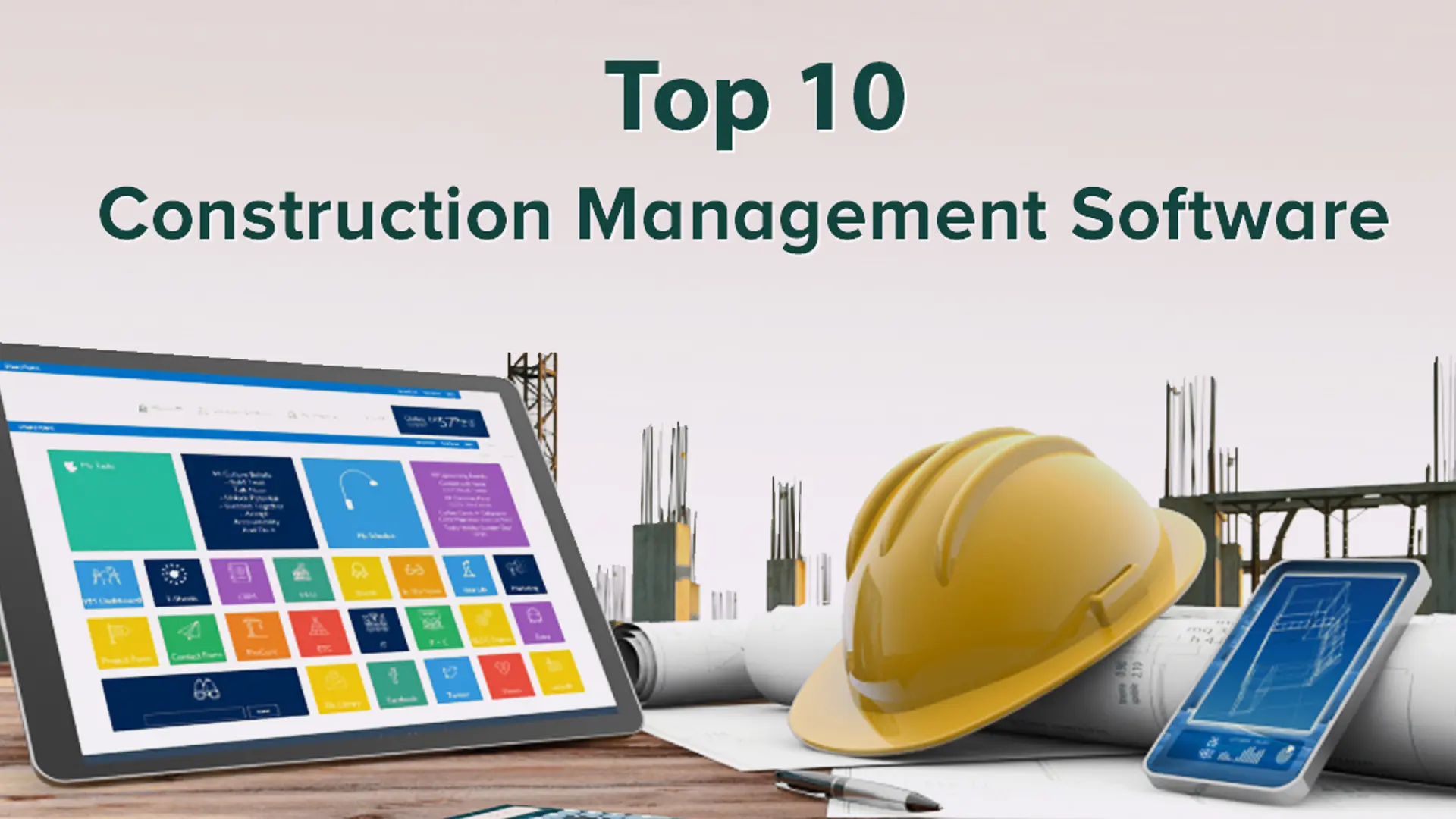Choosing the appropriate best construction management software can make a an enormous difference to the success and efficiency of any building project. With the increasing complexity of modern construction, the best software solutions are those that offer a comprehensive, intuitive and flexible platform that is adapted to the specific needs of the industry. But what truly defines best construction management software?

1. Comprehensive Project Oversight
At its core, the best construction management software provides all-inclusive visibility throughout the project's lifecycle. This includes scheduling, planning, budgeting, resource allocation as well as document control and communications. The software must allow project managers to track every aspect in real time and provide them with the information needed to make informed decision-making quickly.
2. Real-Time Collaboration
Communication is vital for construction projects, as teams often operate from different locations. The most effective software facilitates seamless collaboration among all parties which include architects, contractors engineers, clients, and contractors. Tools like sharing dashboards, mobile accessibility and quick updates ensure everyone stays at the same level, reducing delays and misunderstandings.
3. User-Friendly Interface
While functionality is critical however, usability is equally important. The ideal software must be user-friendly even for people who have no technical expertise. A well-designed user interface minimizes the learning curve and encourages widespread adoption across the team, which results in more uniformity and less operational errors.
4. Accurate Budget and Cost Tracking
Controlling finances is an essential aspect of any construction project. Superior management software includes tools for estimating expenses, tracking expenses and managing change orders as well as forecasting budgets. Transparent financial reporting aids in avoiding overspending, but also increases accountability among all stakeholders.
5. Document and Data Management
Construction projects produce a huge volume of documents, including contracts, blueprints, permits, and inspection reports. The best software will provide an encrypted, central storage and organization system for the files. Advanced features such as access permissions and control of versions further enhance efficiency and reduce the chance of costly mistakes.

6. Scalability and Integration
As construction companies grow or embark on bigger projects, their software should grow in line with the demands of their clients. Leading platforms offer modular software which can be further expanded or modified. In addition the integration of Accounting systems, BIM tools, and other software ensures a smooth flow of information.
In conclusion, it is clear that the best construction management software is distinguished by its ability to simplify complicated workflows, improve collaboration and maintain control over all aspects of a project. By focusing on function, usability, and adaptability, it serves as an efficient tool for delivering projects in time and on budget.
